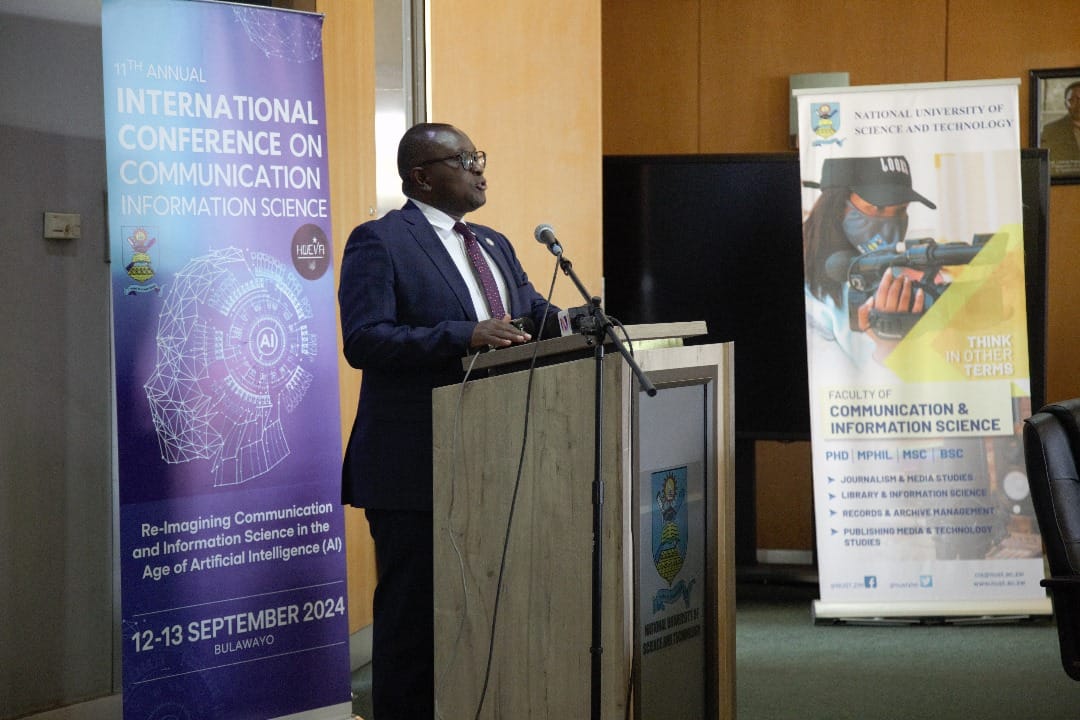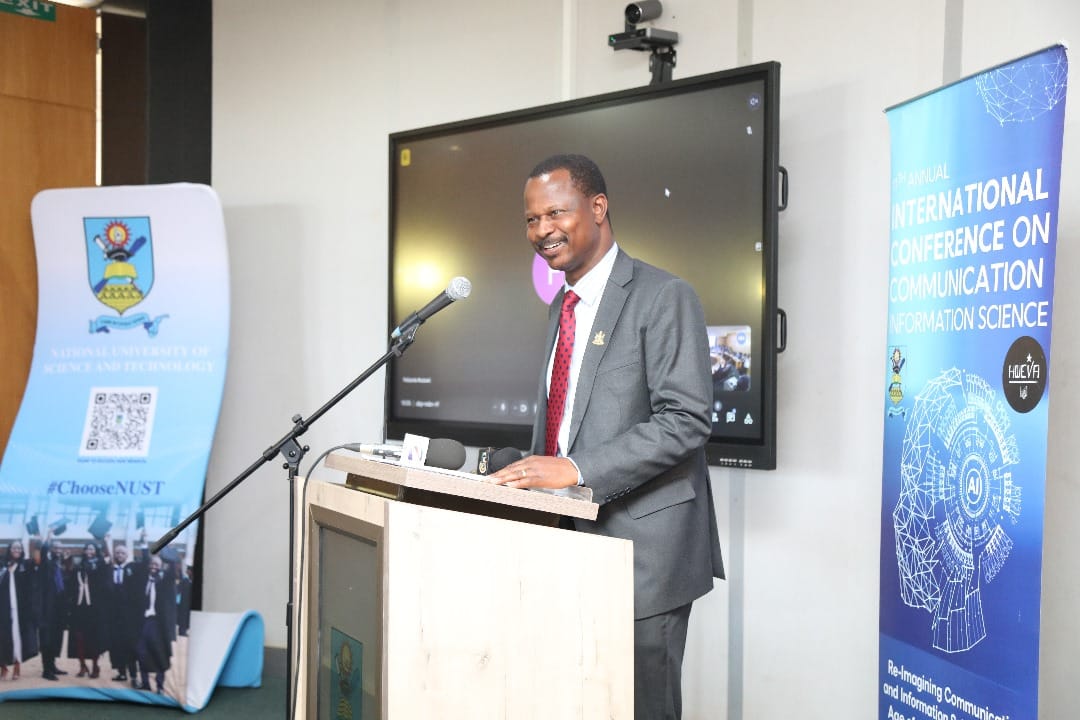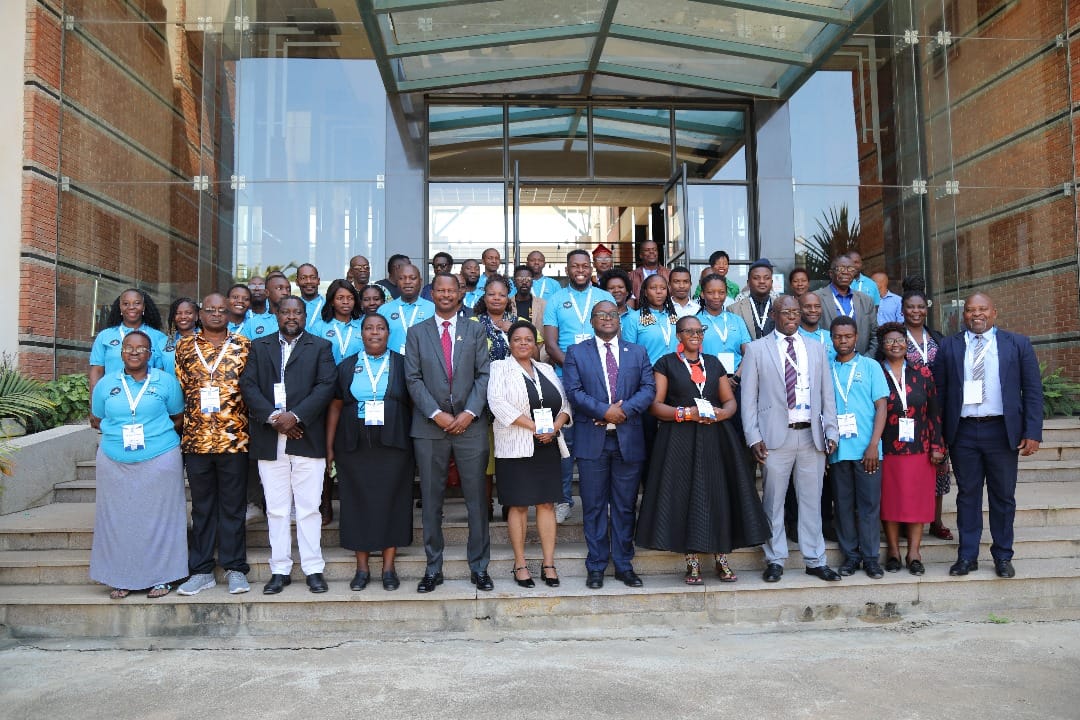
Within the broader field of communication and information science, AI is used in fields such as journalism (Broussard et al., 2019), library (Echedom and Okuinghae, 2021), records management (Mosweu, 2021) and publishing (Zhao and Prabhashini, 2019) among others. While there have been positive discourses around AI, its negative implications on “employment, democracy and equality” (Kerr et al., 2020: 1) have not been overlooked considering that every innovation or technology has its own challenges. The growth, adoption and utilisation of AI in the field of communication is unique to each society and therefore, societies can learn from each other through debates and knowledge exchange on their encounters with AI.
Through this hashtag#ICCIS conference, NUST seeks to give the communication sectors an opportunity to reflect on AI broadly, sharing experiences and lessons learned, new ways of thinking and pathways for exploring opportunities associated with the technology while addressing related challenges.
hashtag#ICCIS hashtag#AI hashtag#4IR hashtag#5IR hashtag#studyatnust hashtag#ChooseNUST hashtag#ThinkInOtherTerms.




